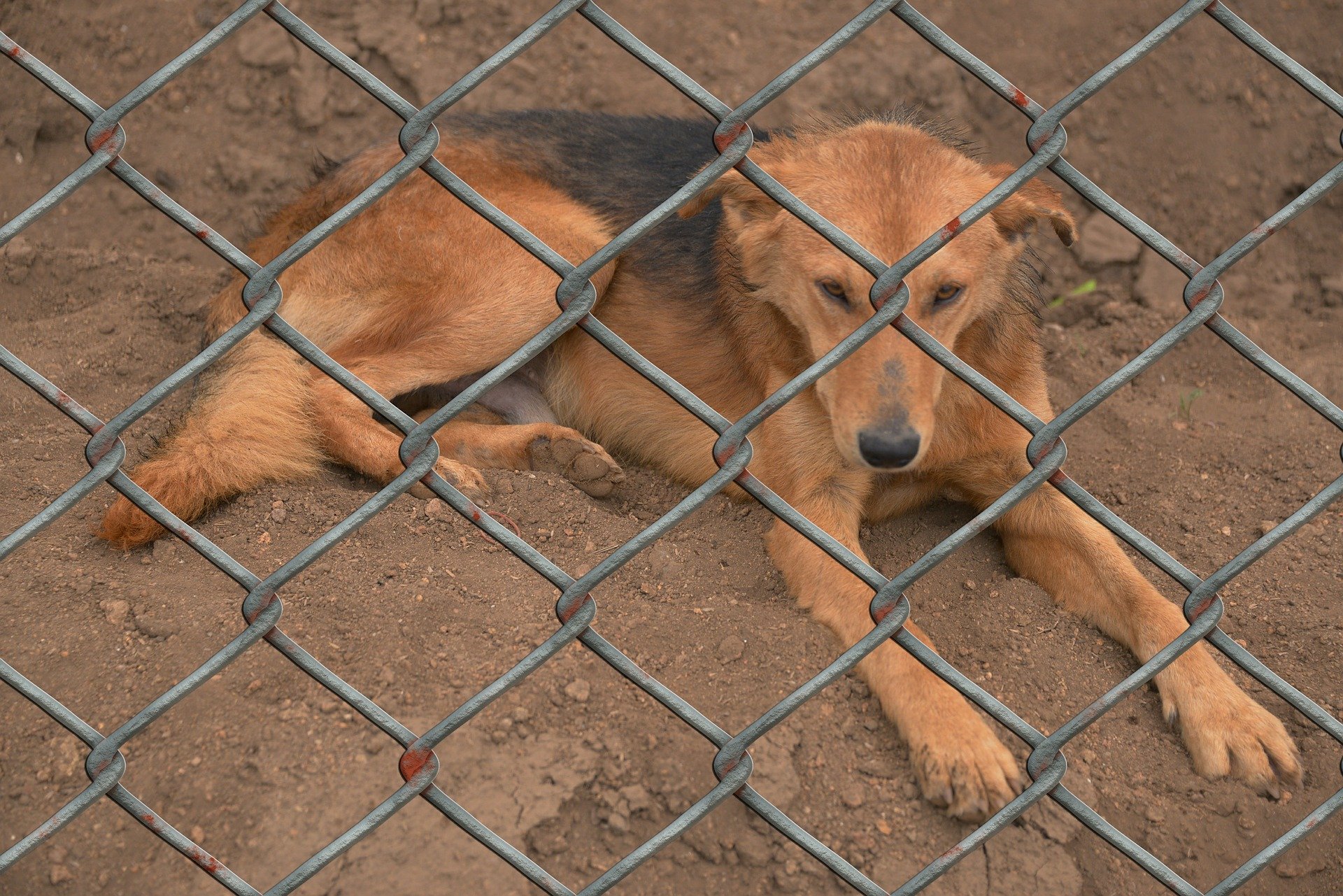As we stroll through the delightful parks of Nevada, sharing moments with our beloved furry companions, one might ponder: Is there a robust legal framework protecting animals from cruelty in this vibrant state? Such contemplations are more than fleeting thoughts; they delve into a significant societal issue that warrants our attention. Understanding the nuances of animal cruelty laws in Nevada is imperative for every compassionate citizen.
In Nevada, animal cruelty is legally defined and classified, reflecting a deep-seated concern for the welfare of creatures that share our environment. The Nevada Revised Statutes (NRS) comprise the framework governing this subject, illustrating how the state perceives and addresses the inhumane treatment of animals. As you dive into the specifics, you will discover that there is a spectrum of offenses categorized under animal cruelty, ranging from misdemeanors to felonies.
According to Nevada law, animal cruelty can be categorized into different degrees, with certain acts escalating the severity of the offense. The most significant offenses, which constitute felonies, elevate serious concerns regarding the treatment and rights of animals. A pivotal question arises: What exactly constitutes animal cruelty, and how can one identify it? The term ‘animal cruelty’ encompasses a variety of actions, including but not limited to neglect, abuse, and abandonment.
In Nevada, **neglecting** an animal refers to failing to provide basic necessities such as food, water, shelter, and veterinary care. Abandonment involves leaving an animal without consideration or care, often leading to suffering or death. Such actions highlight a glaring disregard for an animal’s well-being, prompting the state to take legislative action. However, it is vital to disentangle the nuances between mere negligence and outright abuse. The line can often appear blurred, which poses a challenge for both legal authorities and compassionate animal advocates.
Moreover, the law recognizes variations in severity. For instance, deliberately inflicting harm, such as physical abuse, is unmistakably flagged as a felony. These acts not only cripple the innocent creatures but also invoke a moral outrage within the community. Those found guilty of engaging in such reprehensible actions may face severe penalties, including hefty fines and substantial jail time. Hence, the question arises: How does one accurately report and intervene in suspected cases of animal cruelty while navigating the complexities of the law?
A potential challenge that advocates face is the lack of public awareness and understanding regarding the intricacies of these laws. Unfortunately, many individuals may not recognize that certain acts constitute animal cruelty or may mistakenly believe that animal abandonment is non-criminal. Addressing these misconceptions is essential to fostering a culture of vigilance and compassion towards all beings.
As it stands, animal cruelty is designated as a **gross misdemeanor** if it involves less severe forms of mistreatment. For example, if someone fails to provide properly for an animal but lacks malicious intent, they may be charged with a misdemeanor instead of a felony. However, if the animal is severely harmed—say, through deliberate beating or torture—the perpetrator stumbles into felony territory, bringing more severe repercussions. The ramifications of a felony charge can be life-altering; not only can it result in significant incarceration, but it may also affect employment prospects, housing, and social standing. Without a doubt, this underpins the importance of educating the public on the vital nature of these laws.
Nevada’s laws are evolving, however, to extend greater protective measures for animals. Community engagement in these efforts also plays a critical role. For instance, local animal shelters often interface with law enforcement to report suspected cruelty and promote awareness campaigns. Advocacy groups can mobilize to petition for changes in legislation, helping to ensure that the laws evolve in tandem with society’s growing commitment to animal rights.
In tandem with legislation, the presence of local resources can empower individuals in the fight against cruelty. Reporting hotlines are accessible to the public for documenting cases of suspected abuse. Creating community-based educational programs can further bolster awareness; teaching children about empathy and proper pet care, for instance, builds a foundation of compassion from a young age. Educators, and indeed all community members, bear a responsibility to instill these values, decreasing instances of neglect and abuse.
While the laws in Nevada serve as a substantial framework for addressing animal cruelty, challenges remain. Enforcement can be inconsistent, often hinging on individual officers’ discretion and community resources. Consequently, fostering a comprehensive understanding of these laws within the public domain is pivotal. Citizens must feel empowered to act and intervene in instances of cruelty without hesitation.
Ultimately, every sentient being deserves compassion and respect, embedded within a legal structure that vehemently advocates for their rights. In Nevada, animal cruelty is unequivocally regarded as a felony under certain circumstances, reflecting the state’s acknowledgment of an animal’s inherent value. Engaging in conversations that challenge the status quo and promote awareness can inspire robust changes, ensuring that our laws are most reflective of our community’s moral compass. So next time you are with your pet, take a moment to ponder: how can you contribute to the fight against cruelty, transforming concern into action in your community?








